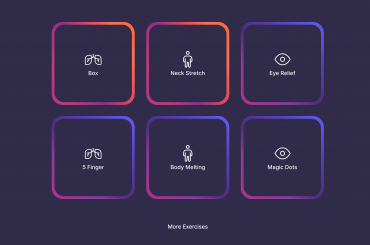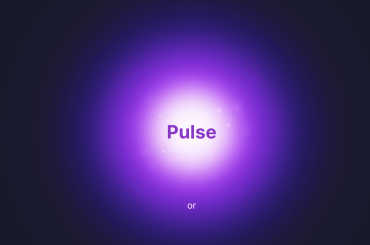Overstimulation is the overload of your nervous system from stimulating experiences. The overload causes a change in your brain chemistry which changes your behavior and your sense of the world around you. It is often accompanied with measurably diminished dopamine levels, increase in stress neurochemicals, hormone changes and more.
It has typically been thought of as a condition that affects a minority of people. But that is rapidly changing. The sheer scale of engaging experiences and information (ie, social media, games and news could all be considered stimuli) that come with modern living have likely made this a condition most people experience daily.
Overstimulation can not only cause sensitivity to classic stimuli like light and sound, but also bring symptoms similar to ADHD, OCD, depression, anxiety and more. Oftentimes overstimulation is noted as a symptom of these conditions themselves. But given the recent rise in prevalence of all of these conditions, one has to wonder if overstimulation itself is fueling their rise.
Oftentimes overstimulation manifests as changes in behaviors such as inability to focus, impulsiveness, impatience, indecisiveness, perfectionism, a lack of curiosity and resilience and a general sense of fatigue and overwhelm.
Overstimulation is a personal concern that also impacts the connectedness of our families, the effectiveness of our schools, the operations of our businesses and even society at large.
The good news is that overstimulation has solutions. Mindfulness activities of all types are proven to help including mediation, breathing and even yoga. There are also clinical methods to help you rebalance your nervous system and rebuild your resilience to stimuli.
Focusable brings elements of these solutions together into an experience that fits your busy schedule. It’s one option to consider to help you manage your daily overstimulation.



